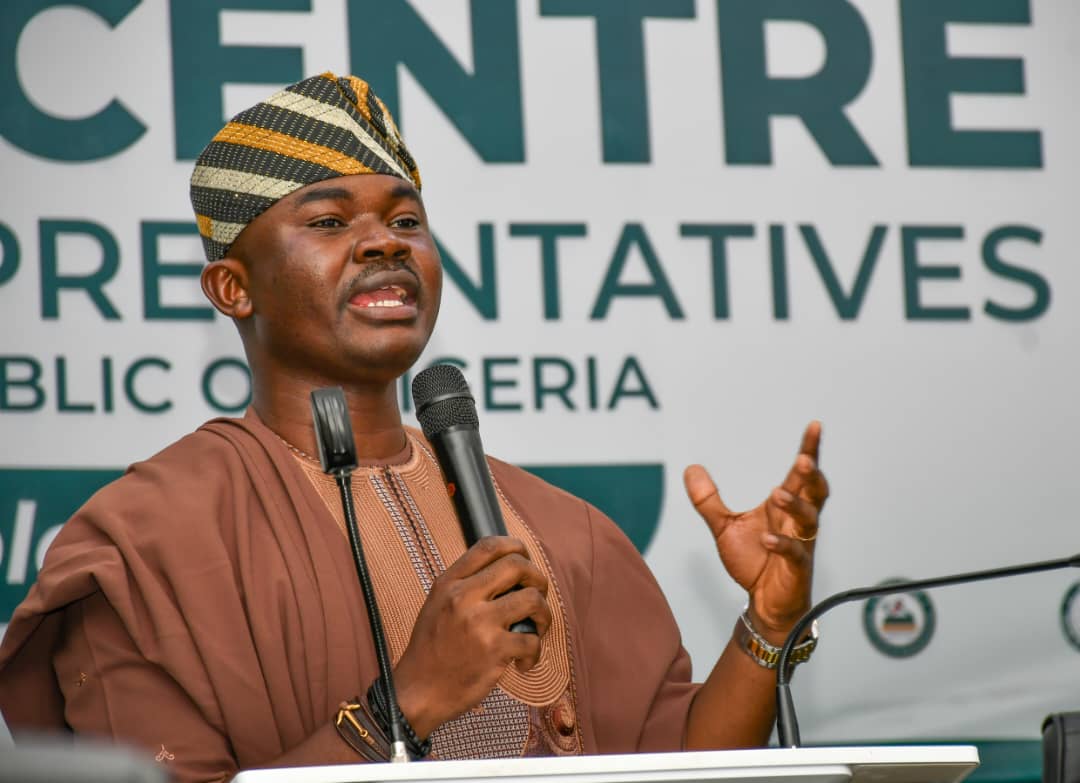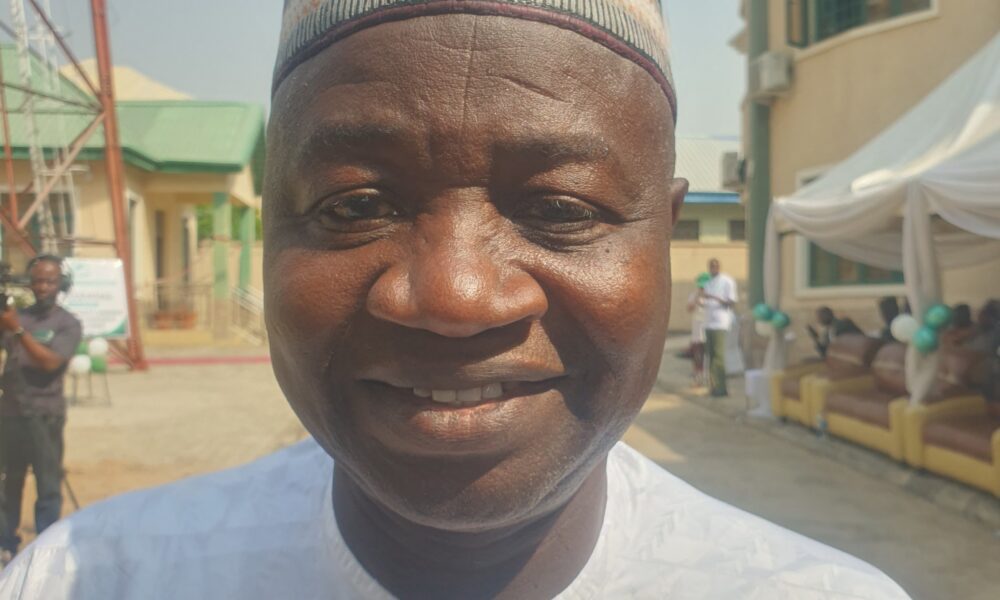***Vows to mobilise over 5m members’ votes for Tinubu/Shetima
A group farmers under the umbrella of Asiwaju Farmers Forum across the 36 states of the federation and the FCT have identified with the Agbado/Cassava economy model as the winner.
The APC presidential candidate Ahmad Bola Tinubu had recommended the model which has become a subject of mockery but the farmers said that it is the way to go.
Th farmers also said they have commenced a nationwide mobilisation of their members in clusters for the candidacy of the APC presidential standard bearer, Ahmed Bola Tinubu and his running mate, Senator Kashim Shettima.

The farmers said over one million of the five million targeted farmers have registered under the Asiwaju- Shettima Farmers’ Forum with over three million others who have indicated interest to be mobilised for what they described as mother of all campaigns.
Leader of the group, Mr. Retson Tedheke and National Coordinator of Nigerian Farmers and Cooperative Society (NFGCS) made the disclosure in an interview with newsmen at the Inauguration of the National Working Committee of Pragmatic Elites for Asiwaju and Shettima at Sheraton Hotel, Abuja.
He had earlier spoken on the topic: “The Asiwaju Shettima Candidacy: Putting Nigerians To Work With The Agbado Cassava Cultural and Socio Economic Opportunities in Nigeria” at the event.
Tedheke said so far millions of “farmers in rural communities in Nigeria have indicated interest to join the mass movement from all the geo political zones of the federation for Asiwaju Shettima 2023.
On how he could possibly mobilize that number?
He said, “Currently there is an average of 25 farm leaders and mobilisers per state for all 36 states and the FCT.
We expect more than 100 farm lead mobilisers per state and the FCT. This will ensure there are 5-19 Lead Farmers Mobilisers Per Local Government Area in the 774 LGAs.
“Our target is a minimum of 5 million farmers nationwide voting for the Agbado and Cassava Economy and For Nigerians Developing Nigeria With Agricultural and Agribusiness Opportunities Within Nigeria”
Retson announced that the inauguration of the National Working Committee of the group will take place before 28th of September, 2022 at The NFGCS Farm Estate, Gaáte Communities, Kokona LGA, Nasarawa State.
Retson said Nigerians must be ready to embrace agriculture in all front and this will continue to be the convention for national rebirth and developmental drive.
“We have an issue at hand and we cannot pretend that all is well. Agriculture is the only sector that can take millions of our youths who are vulnerable to crime of the street. We have created a model in Gaate, Nasarawa State where government at all levels can build on to improve the living conditions of the rural communities in the country.
“It is the conversation for the campaigns. The conversation like the Pragmatic Elites for Asiwaju Shettima is talking today today. The conversation about making things work for all. The opportunities are here. The people are here. The land is available. God will not fix this country for us. We owe the people the responsibility to make that work; it must be collective, embellished with the spirit of patriotism and consistency.
“Our job is to make Nigeria understand that Rome was not built in a day. Let me say this. Whatever we do, it is Nigeria first. It is Nigeria always. It is Nigeria only all the time. The Agbado/cassava economy is the only winner”,





Farming with the righteous support from government will not only provide food to the terming population but also curtel other things like job creation and many more.
The act is really encouraging